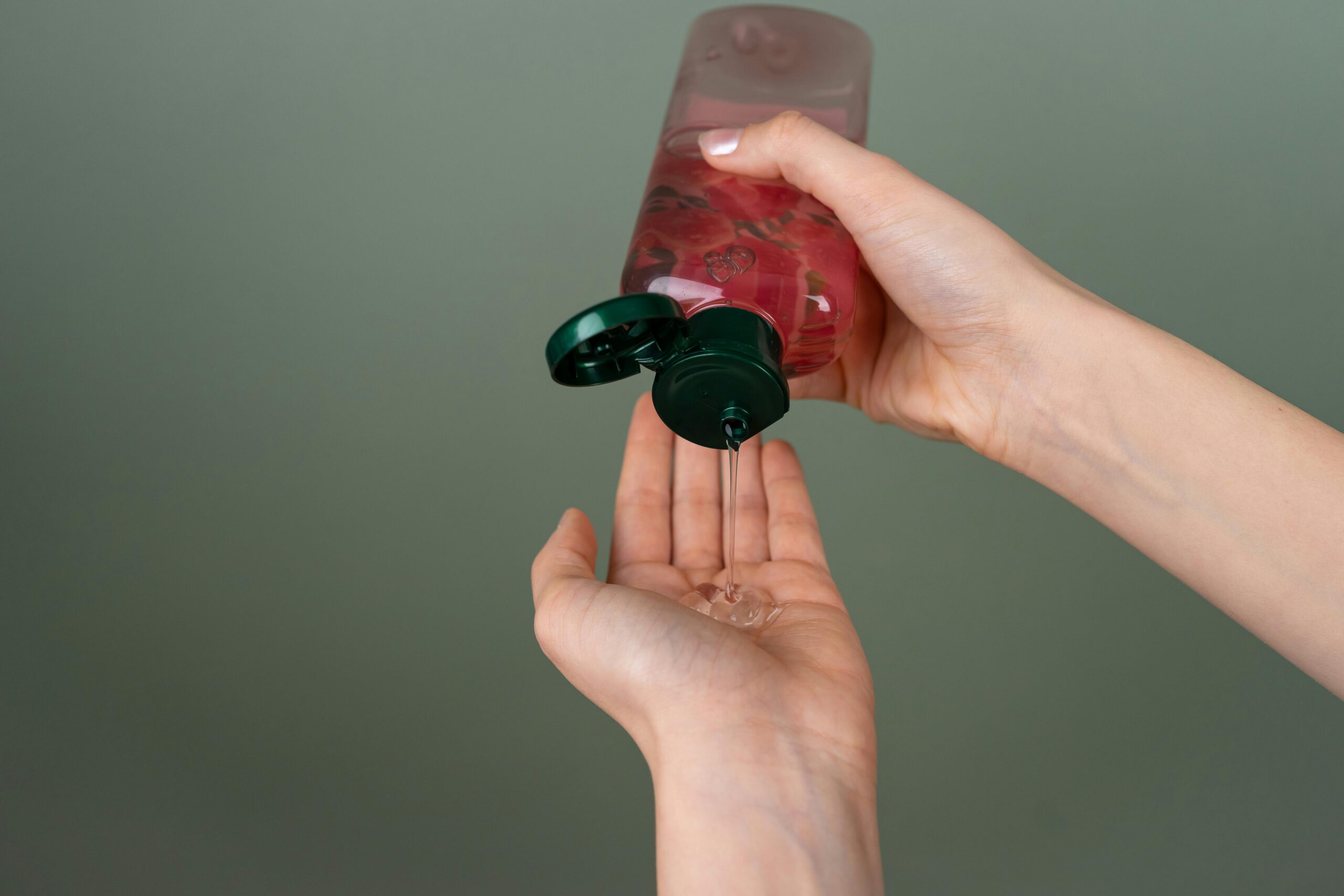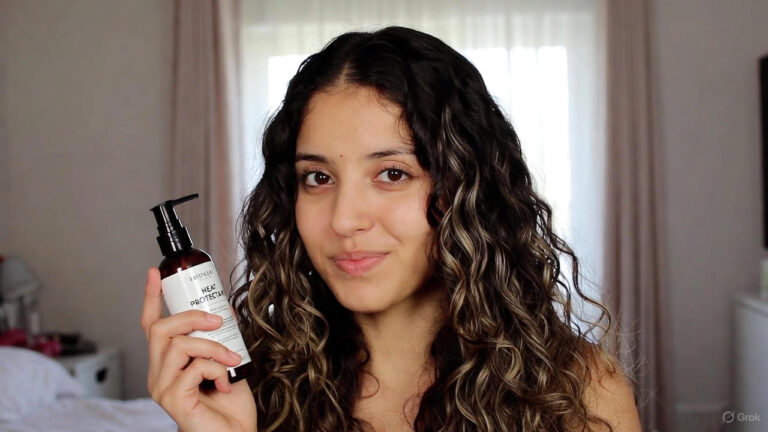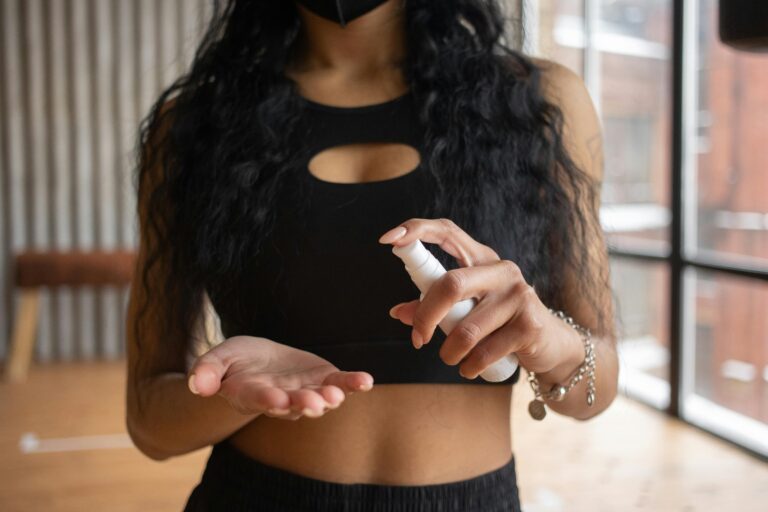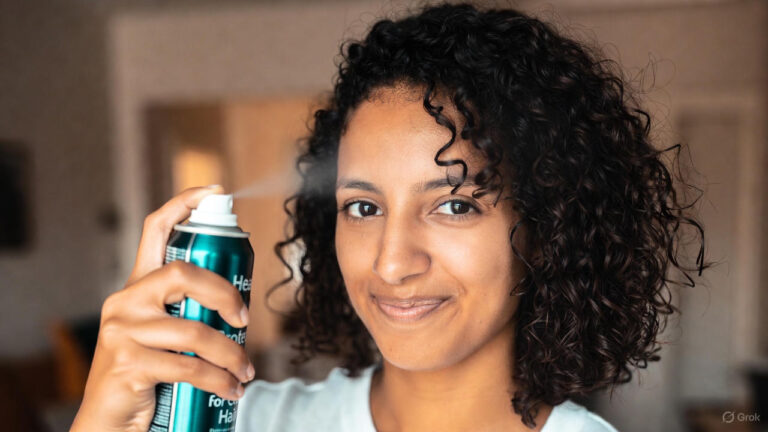The skin barrier, or stratum corneum, is the body’s frontline defense against environmental damage, bacteria, and moisture loss. When the skin barrier is compromised, issues like dryness, irritation, and even infections can arise. Repairing and strengthening this barrier is essential to maintaining healthy, radiant skin. In this article, we explore the science behind skin barrier repair and the steps you can take to heal and fortify your epidermis.
What Is the Skin Barrier?
The skin barrier is the outermost layer of the epidermis, composed of dead skin cells (corneocytes) and lipids. Its primary function is to protect the body from harmful external factors, such as pollutants, UV radiation, and microorganisms, while also retaining moisture. When the skin barrier is healthy, the skin feels hydrated, smooth, and resilient. However, when it is damaged, the skin becomes dry, sensitive, and prone to breakouts.
Causes of Skin Barrier Damage
A damaged skin barrier can be caused by several factors:
- Harsh skincare products: Overuse of exfoliants, retinoids, or cleansers that strip the skin of its natural oils can weaken the barrier.
- Environmental stressors: Exposure to UV radiation, pollution, and extreme weather conditions can harm the skin’s outer layer.
- Age: As we age, the skin naturally produces less oil, weakening the barrier and making it more susceptible to damage.
- Over-cleansing: Washing the face too frequently can strip the skin of its protective lipids.
- Skin conditions: Eczema, psoriasis, and acne can all contribute to a weakened skin barrier.
How to Repair and Strengthen the Skin Barrier
Healing a damaged skin barrier requires targeted steps that focus on restoring moisture and rebuilding the lipid layer. Here are some effective strategies:
1. Use a Gentle Cleanser
Harsh cleansers can strip the skin of essential oils, leaving it vulnerable to irritation. Choose a gentle, pH-balanced cleanser that removes impurities without disrupting the skin’s natural barrier.
2. Incorporate Ceramides and Fatty Acids
Ceramides, cholesterol, and fatty acids are essential components of a healthy skin barrier. Products that contain these ingredients help restore the lipid matrix, which plays a key role in moisture retention and skin protection. Ceramides, in particular, are like the “glue” that holds skin cells together, preventing moisture loss.
3. Apply Humectants
Humectants, such as hyaluronic acid and glycerin, attract water to the skin. They are effective in hydrating the skin by drawing moisture from the environment and the deeper layers of the skin to the surface. Including humectants in your skincare routine can boost hydration levels, making the skin barrier more resilient.
4. Moisturize Regularly
A good moisturizer helps replenish lost moisture and supports the skin’s repair process. Look for moisturizers that contain occlusives (such as squalane or petrolatum) to seal in hydration and prevent water loss.
5. Avoid Over-Exfoliation
While exfoliation helps remove dead skin cells, overdoing it can damage the skin barrier. Limit exfoliation to 1-2 times per week, and opt for gentle chemical exfoliants like lactic or mandelic acid rather than harsh physical scrubs.
6. Protect Your Skin from UV Rays
Sun exposure is one of the leading causes of skin barrier damage. Using a broad-spectrum sunscreen with at least SPF 30 every day is essential to protect your skin from harmful UV rays. Reapply sunscreen throughout the day, especially if you are outdoors.
7. Use Niacinamide
Niacinamide is a powerful ingredient that helps repair the skin barrier by boosting ceramide production and reducing inflammation. It’s also great for brightening skin and improving its overall texture.
8. Maintain a Healthy Diet
What you eat can have a direct impact on your skin’s health. Omega-3 fatty acids, found in foods like salmon and flaxseeds, help reinforce the skin barrier by strengthening the lipid layer. A balanced diet rich in antioxidants can also help protect the skin from oxidative stress and damage.
How Long Does It Take to Repair the Skin Barrier?
The time it takes to repair a damaged skin barrier depends on the severity of the damage and the steps you take to heal it. For minor damage, you might see improvements within a few days to a week. More severe damage could take several weeks to fully recover. Consistently following a gentle, barrier-focused skincare routine is key to speeding up the repair process.
Conclusion
The skin barrier plays a crucial role in protecting your body and maintaining healthy, hydrated skin. When the barrier is compromised, the skin becomes vulnerable to a range of issues. By using the right skincare products, avoiding harsh ingredients, and practicing good sun protection, you can effectively repair and strengthen the skin’s outer layer. A healthy skin barrier not only looks and feels better but also helps you maintain long-term skin health.
FAQs
1. How do I know if my skin barrier is damaged?
Common signs of a damaged skin barrier include dryness, flakiness, redness, sensitivity, and breakouts. Your skin may also feel tight or irritated after cleansing.
2. Can a damaged skin barrier cause acne?
Yes, a weakened skin barrier can lead to acne. When the barrier is compromised, bacteria and dirt can penetrate the skin more easily, leading to clogged pores and breakouts.
3. Can I repair my skin barrier while using retinoids?
Yes, you can repair your skin barrier while using retinoids, but it’s essential to use them sparingly. Pair your retinoid with soothing, hydrating ingredients like hyaluronic acid or ceramides to minimize irritation.
4. How long should I stop exfoliating if my skin barrier is damaged?
If your skin barrier is damaged, stop exfoliating for at least one to two weeks to allow your skin to heal. Reintroduce exfoliation gradually and use gentle chemical exfoliants instead of physical scrubs.
5. Is niacinamide good for skin barrier repair?
Yes, niacinamide is highly effective in repairing the skin barrier. It helps boost the production of ceramides, reduces inflammation, and improves the skin’s ability to retain moisture.



